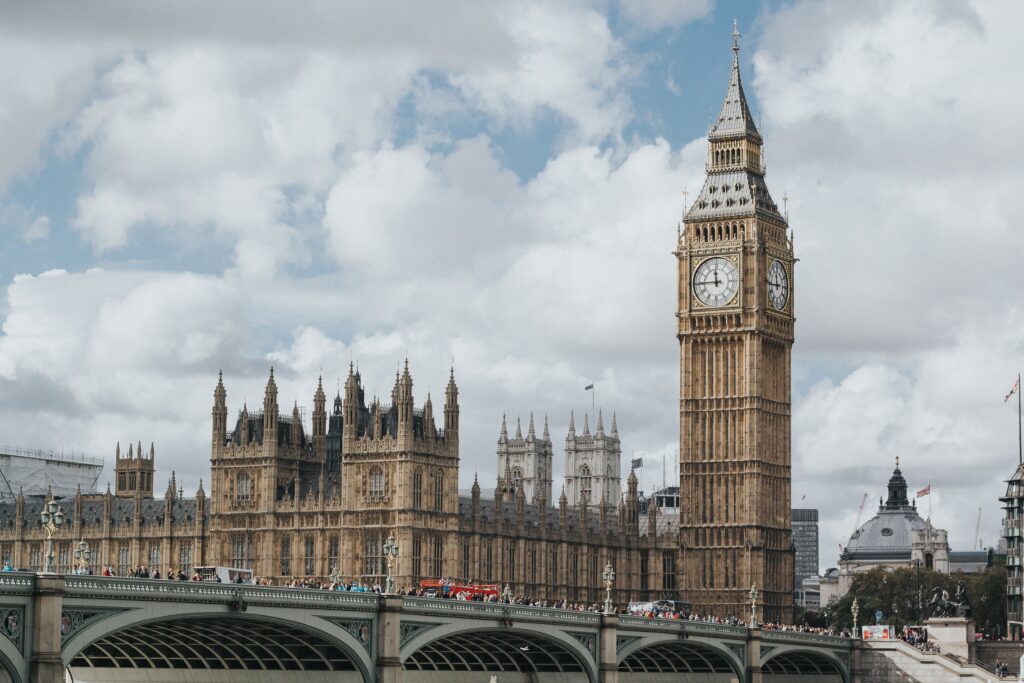The CGFI’s report on the Climate Biennial Exploratory Scenarios (CBES) exercise was cited in the House of Lords in a debate on the Financial Services and Markets Bill.
Baroness Worthington said:
Tipping points can be both negative in terms of climate impacts and positive in terms of the rapid adoption of solutions by society and the changes that will bring. Indeed, in the next couple of months we expect to see the publication of major new academic research carried out by the UK Centre for Greening Finance and Investment, which finds that 55% of industry participants agreed that there are sources of climatic financial risk that are not fully represented in the CBES and that could represent a material financial risk over just the next 10 years.
Our joint Survey Report with the UK Climate Financial Risk Forum (CFRF) includes further details on the cited findings and can be read here.
More details
In the near-term, the types of missing risks or risk transmission channels identified included: greenwashing; liability risks; potential for rapid changes in market sentiments, such as shift
away from oil and gas; underestimated physical risks; and additional regulatory requirements.
The medium–term risks identified were broadly similar with a greater emphasis on more non–linear and cascading risks, for example: indirect physical risks and increased volatility created by physical risks; life insurance risks (increased mortality and morbidity); lack of representation of severe GDP shocks; second–order macroeconomic impacts; operational risks; and liability risks.
To help prioritise future investments in scenario development, we also asked CBES participants to comment on top five types of possible future climate impacts that FIs should be most concerned about in the next 10 – 20 years.
At least 40% of respondents agreed on three areas that were both considered most high impact and most likely/plausible in the next 10 – 20 years:
- The potential for major and sudden economic disruption linked to supply–side shocks, e.g. rising food prices or inflationary pressures linked to physical or transition risks domestically or internationally.
- Increased market volatility or market disruption, e.g. related to changing investor expectations or market reactions to real or perceived risks from climate change
- Direct impacts on firms due to rapid shifts in climate–related policies, e.g. carbon pricing or changes to government policy or subsidies



